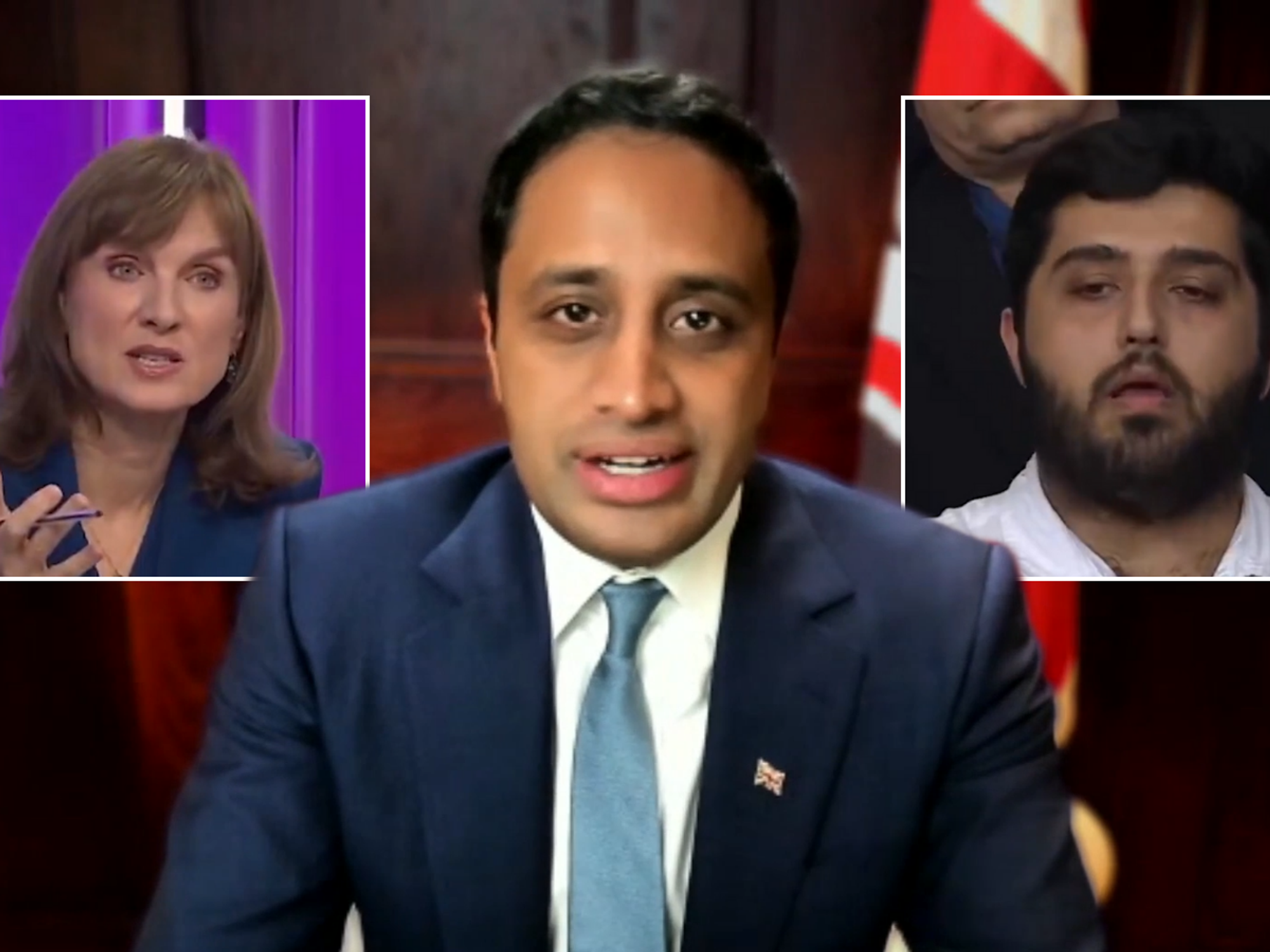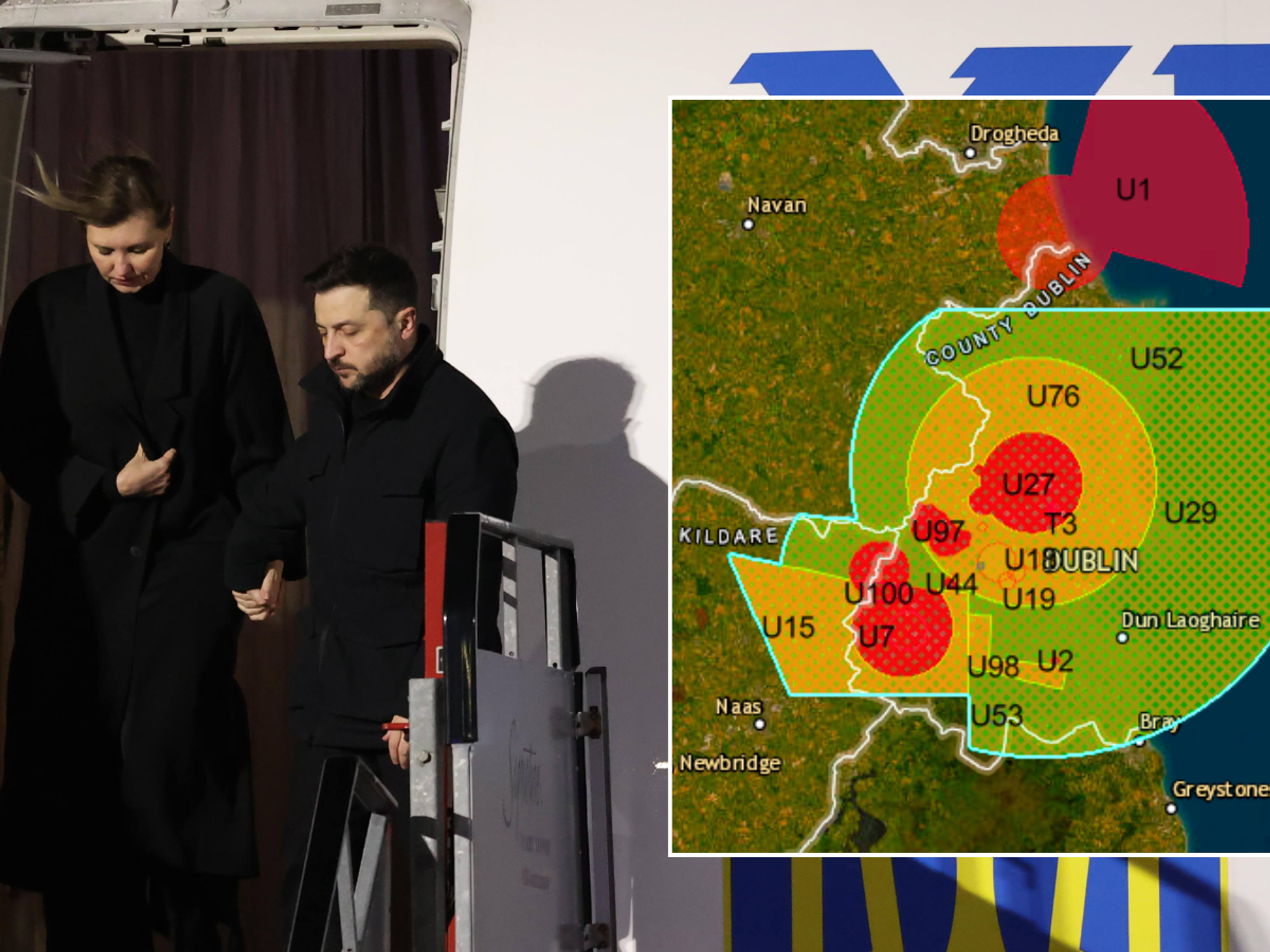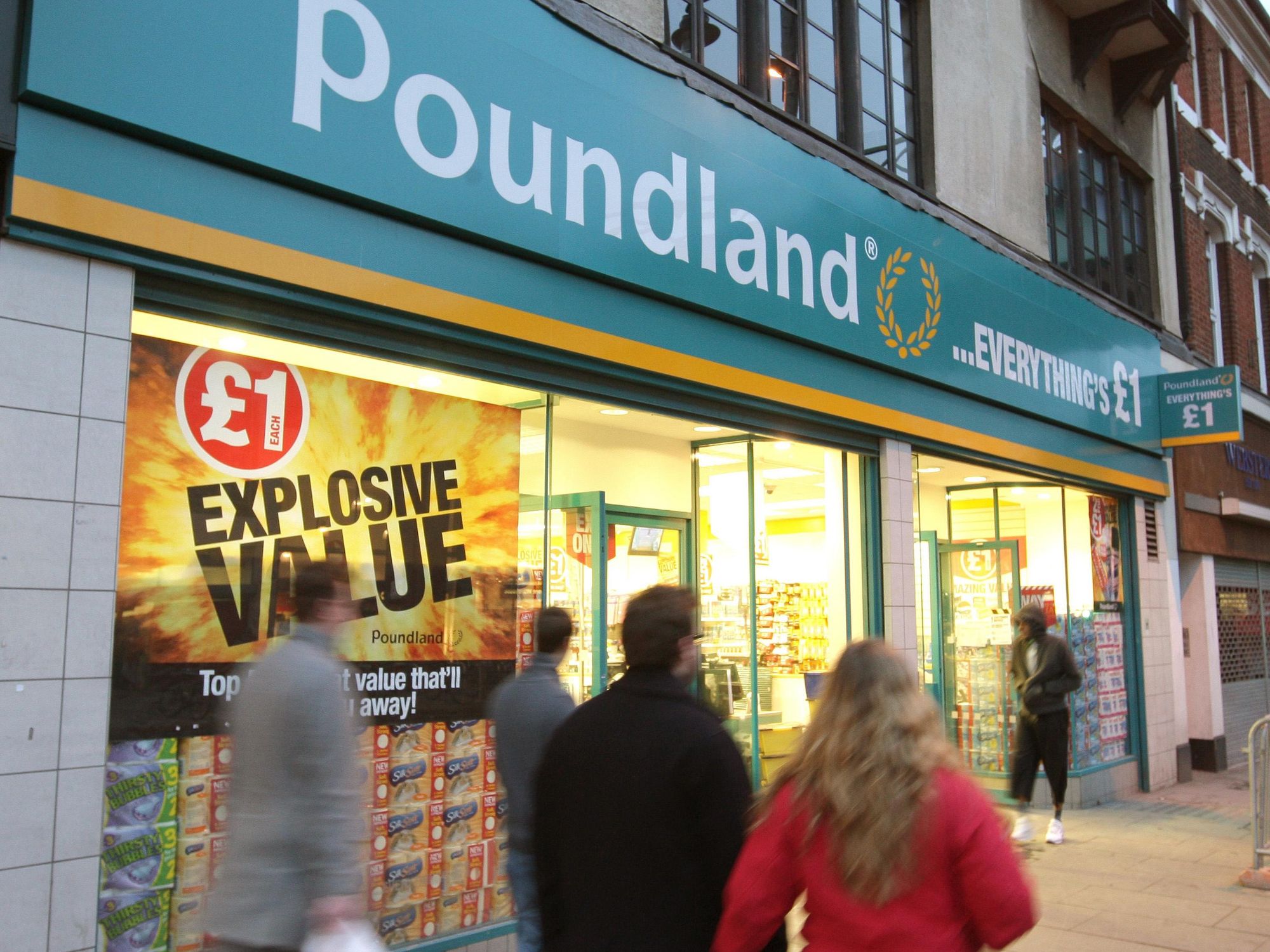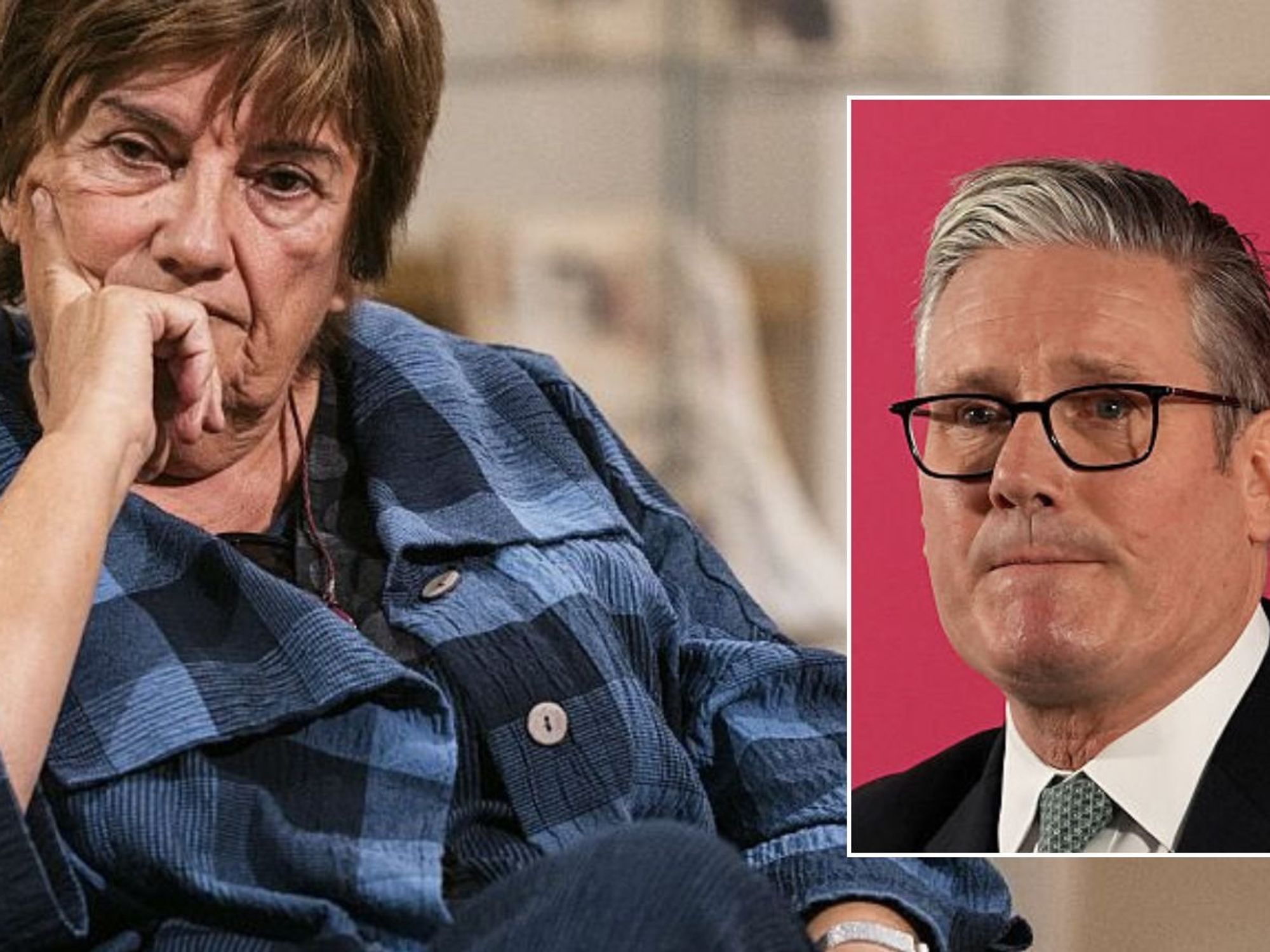Electric car charging costs lower than petrol thanks to major Energy Price Cap change
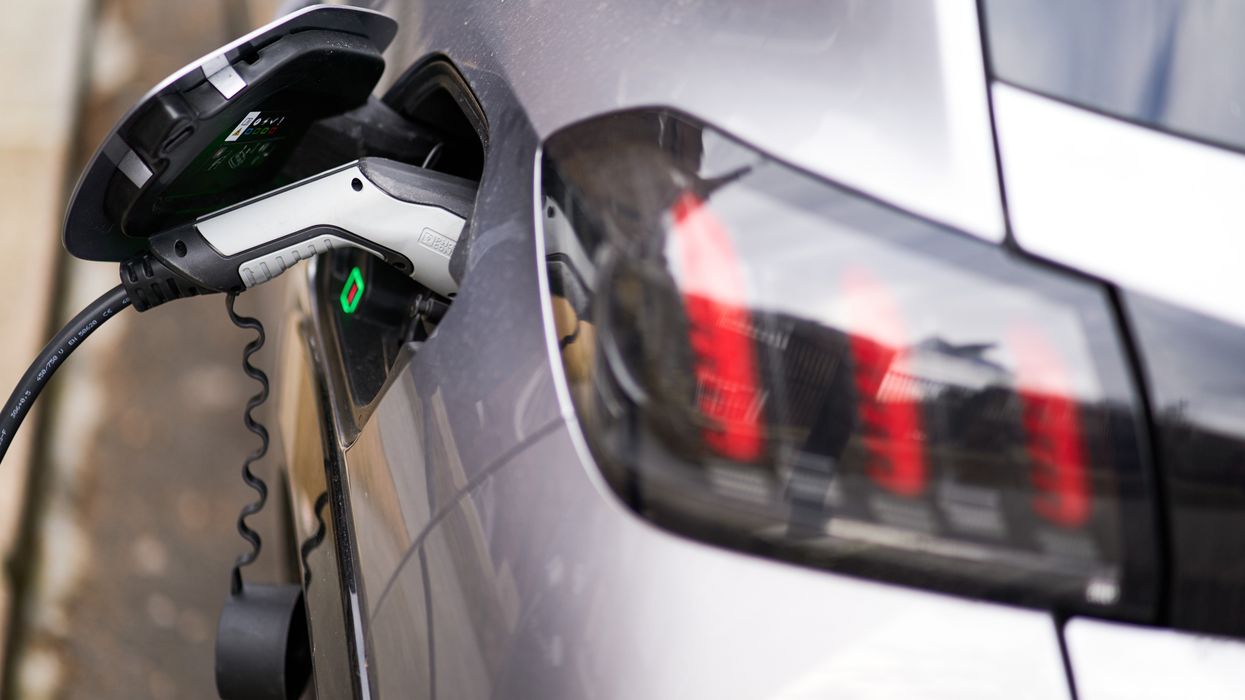
Driveway charging costs have fallen by 12 per cent
|PA

Charging at slower speeds can see drivers pay less per mile for their EV than petrol motorists
Don't Miss
Most Read
Latest
Electric car owners who can charge their vehicles at home have enjoyed a 12 per cent drop in the price they pay for driveway parking, new data has found.
This comes after July’s Energy Price Cap fell from 34p/kWh to 30p/kWh, with drivers seeing the 4p drop when recharging.
Despite this, all flat-rate public charging costs rose by at least one penny compared to June, according to the AA’s latest EV Recharge Report.
Slow-rate charging prices have also risen by four pence after Brighton and Hove dramatically increased prices.
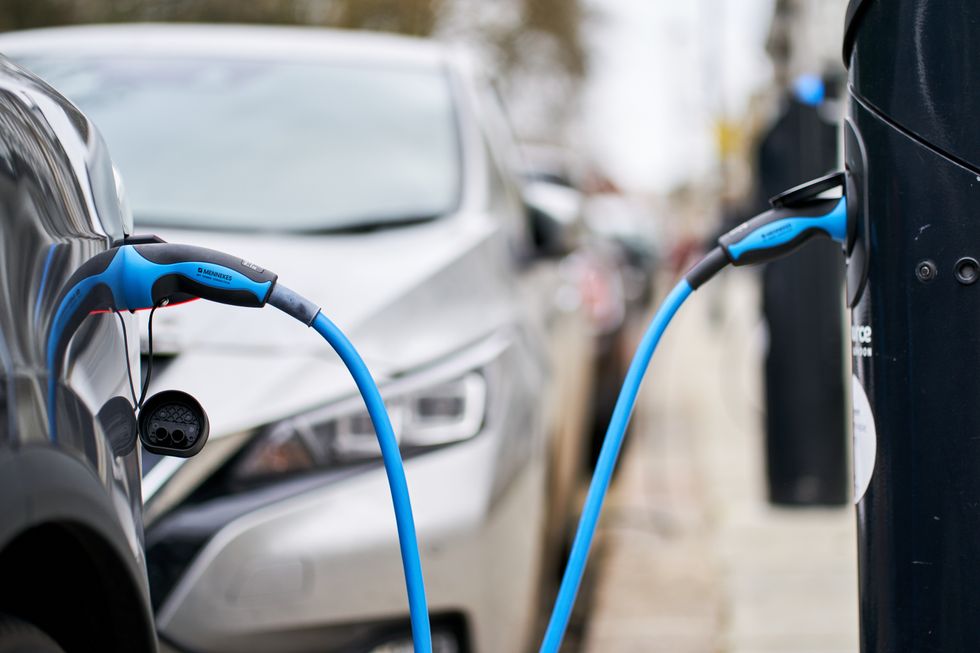
The Energy Price Cap fell on July 1
|PA
The council announced the increase would take place, taking the price from 39p/kWh to 61p/kWh, forcing nationwide average kerbside costs up by four per cent.
Other charging prices, including peak and off-peak rates, generally remained static, much to the relief of electric car drivers.
With the price drop, it will now cost a driver around £12 to charge their vehicle to 80 per cent using a domestic charger, costing 6.74p per mile.
In comparison, the petrol equivalent would cost £46.40 for 80 per cent of a tank for an average price of 13.85p per mile.
The only electric charging rates that cost more than a petrol vehicle are when drivers recharge at rapid and ultra-rapid chargers, costing 15.5p and 16.2p per mile respectively.
Jack Cousens, head of roads policy for the AA, said: “The majority of EV owners have their own dedicated charging source and would’ve reaped the benefits of the drop in the Energy Price Cap when charging at home.
“However, that benefit may have been missed completely for those who are solely reliant on the public network.
“While wholesale electricity costs have dropped considerably from last summer, some networks increased their prices.
“With the Competition and Markets Authority and Government keen to keep an eye on pump prices, there is a strong argument to consider mirroring their activities for EV charging costs in the public realm.”
Because of the hike in price of slow charging, July was found to be the most expensive month to charge at that speed this year.
Ofgem has reported that electricity prices are down considerably compared to last year, with the AA saying that drivers may feel aggrieved for not seeing price drops in line with other costs.
The energy regulator is also set to announce the new price cap on Friday, August 25, which could potentially impact motorists who charge their electric cars at home.
LATEST DEVELOPMENTS:
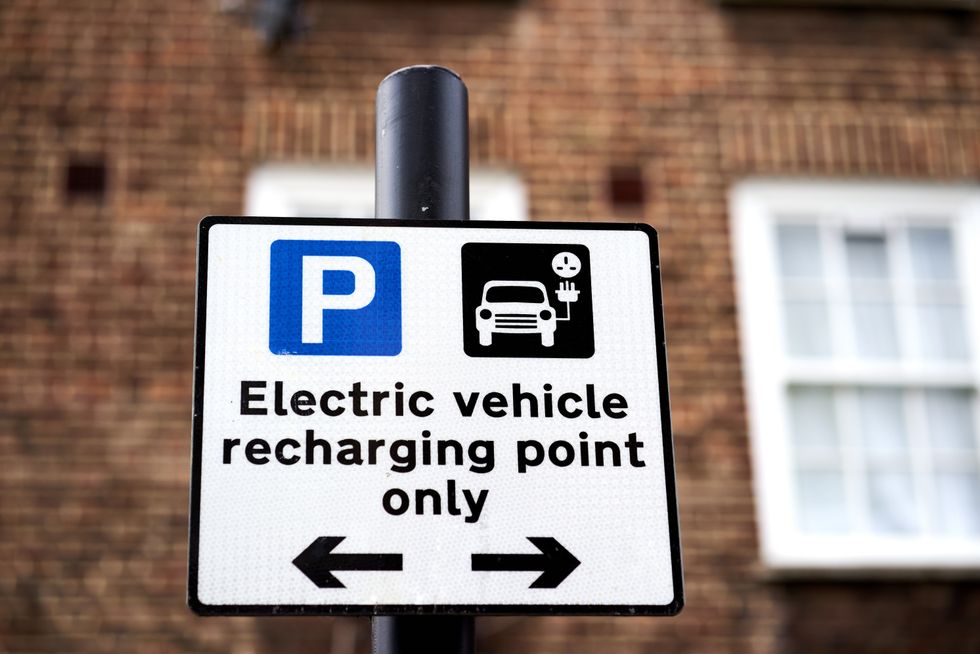
Kerbside EV charging costs have not fallen as quickly
|PA
Despite fluctuating prices, the Recharge Report shows that it is cheaper for an EV driver to charge using an ultra-rapid charger at an off-peak time than it is to fill up with petrol.





